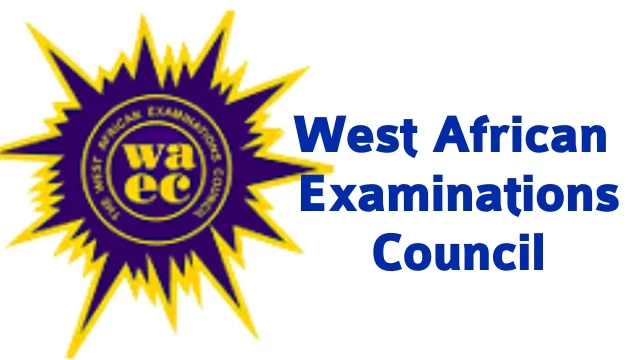The West African Examinations Council (WAEC) in Nigeria has successfully delivered the first-ever Computer-Based West African Senior School Certificate Examination (WASSCE) for private candidates.
WAEC officials announced the release of the exam results on Friday, outlining the unique format of the test.
The "novel CB-WASSCE" employed a hybrid system where all questions were displayed on computers.
For multiple-choice sections, answers were submitted electronically in real time. However, essay and practical test responses were still required on paper booklets provided to the candidates.
The examination was conducted from January 31st to February 17th, 2024, with a total of 8,139 students participating across 140 CBT centres nationwide.
The analysis of candidate performance revealed promising results. Over 42% (3,424) of test-takers achieved credit passes or higher in at least five subjects, regardless of their performance in English or Math.
Furthermore, 30.95% (2,519) secured credit passes or better in at least five subjects, including both English Language and Mathematics.
The transition to computer-based exams involved meticulous planning and coordination.
The marking process, which took place from March 1st to 16th, 2024, utilized three designated marking venues in Lagos, Enugu, and Kaduna. A total of 459 examiners participated in the evaluation and coordination of the marking exercise.
The overall number of registered candidates for this exam showed a slight decrease compared to 2023. There were 8,362 registered candidates in 2024, reflecting a 4.30% drop from the previous year's figure of 8,738.
WAEC also highlighted its commitment to inclusivity. The statement noted that 21 candidates with various special needs were registered for the exam.
These included nine visually challenged students, two with hearing impairments, and two albinos.
WAEC ensured that all these candidates received the necessary support and accommodations throughout the examination process.
This groundbreaking initiative by WAEC paves the way for a more efficient and streamlined examination system for private secondary school students in Nigeria.
The computer-based format offers numerous advantages, including faster results processing, enhanced security, and a potentially more user-friendly experience for test-takers.




















